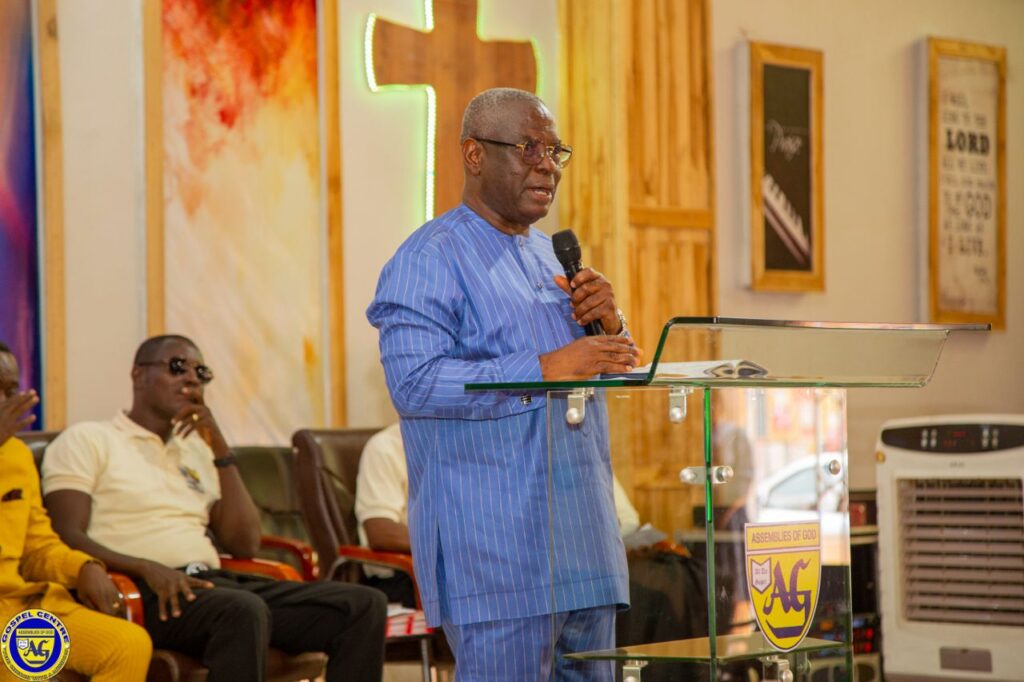
The other Manuals in the OVERCOMERS SOCIO-ECONOMIC EMPOWERMENT series are:
- Manual 1: Why am I Here on Earth?
- Manual 2: Who am I?
- Manual 3: Essential Life Skills
- Manual 4: Strategic Planning and Management
- Manual 5: Effective Christian Leadership
- Manual 6: Christian Management
- Manual 7: Entrepreneurial Development
- Manual 8: Growing your Business
- Manual 9: Christian Parenting
- Manual 10: Managing the Church as an Organization
- Manual 11: The Church as an Organism
- Manual 12: Church, Growth Measurement Indices and Pastoral Leadership
- Manual 13: Basics of Effective Financial Management
- Manual 14: Critical Thinking
- Manual 15: Trainer of Trainers Programme for Adult Facilitators
